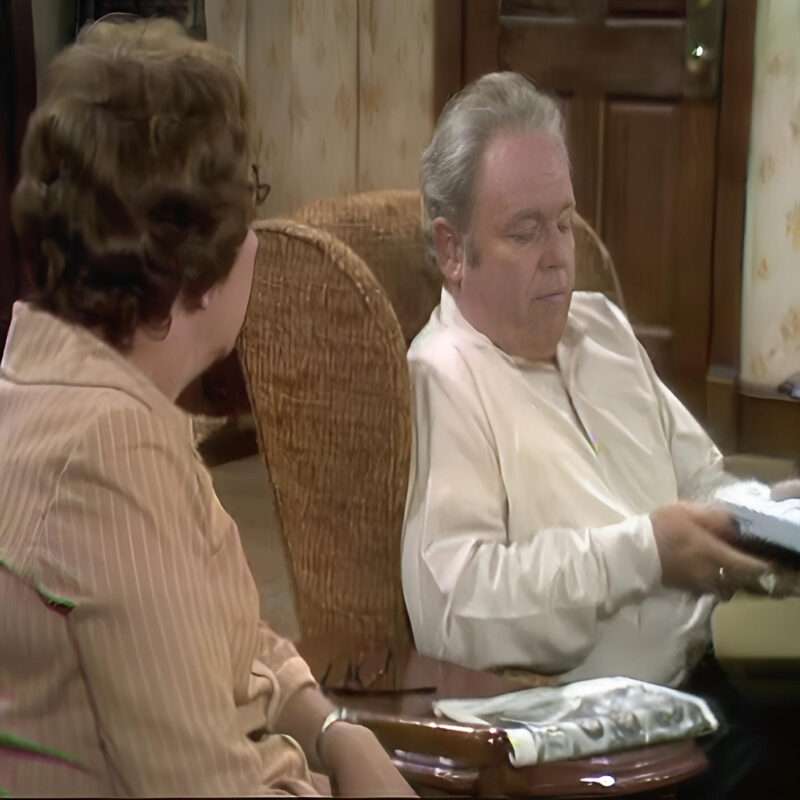
Norman Lear revolutionized television nearly 50 years ago with All in the Family, a groundbreaking show that continues to influence TV today. The show’s protagonist, Archie Bunker, embodied the archetype of the coarse, bigoted American man, pushing the boundaries of network television. But beyond its bold characters and storylines, All in the Family was a pioneer in capturing genuine laughter from a live studio audience.
For decades, sitcoms relied on the genius of Charles Douglass, the mastermind behind the laff box. This intricate device, which mimicked the musicality of a keyboard, produced perfectly timed laughter for TV shows. Douglass’s invention was far from simple; it was a symphonic marvel that analyzed and replicated the nuances of human laughter. Shows like MASH and The Flintstones, which couldn’t accommodate live audiences due to location shoots and animation, benefited immensely from Douglass’s laugh tracks.
However, Norman Lear sought authenticity. All in the Family was filmed in front of a live studio audience, foregoing the artificial laughter of Douglass’s laff box. The raw, unfiltered reactions of the audience were integral to the show’s success. Carroll O’Connor’s impeccable comedic timing and Rob Reiner’s sharp retorts resonated with viewers because the humor stemmed from genuine, relatable situations.
Lear’s commitment to real laughter extends to his current projects, including the revival of One Day at a Time. Even in situations where live audiences aren’t feasible, Lear ensures authenticity by recording real audience reactions and incorporating them into the final sound mix. For Lear, this approach is reminiscent of theater, where the collective experience of laughter is irreplaceable.
“There’s just nothing more deeply meaningful, or spiritual even, than a couple hundred people laughing at the same thing at the same moment,” Lear told Collider. He cherishes the shared experience of laughter, describing it as a unique and uplifting phenomenon.
Despite the challenges posed by COVID-19, which forced productions to operate without live audiences, Lear remains hopeful. With the world reopening and vaccinations on the rise, he looks forward to the return of live audiences and the unforced, communal laughter they bring.
As productions resume and audiences fill the seats once more, the timeless power of shared laughter will undoubtedly reaffirm its place at the heart of television. Norman Lear’s legacy serves as a testament to the enduring magic of real, heartfelt laughter.
